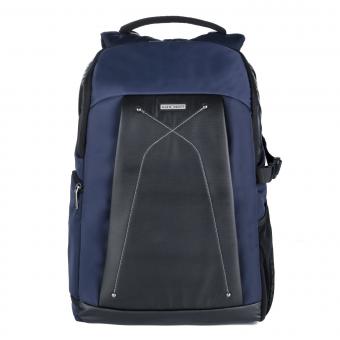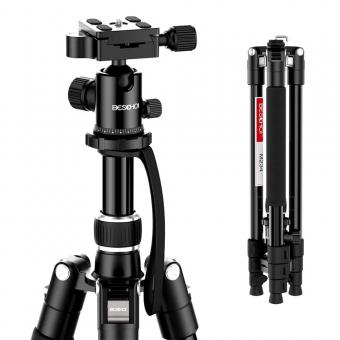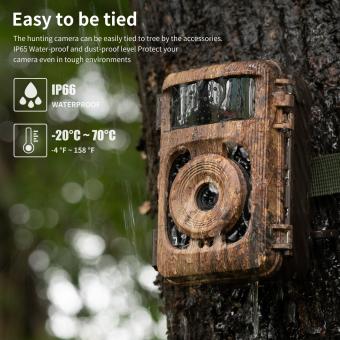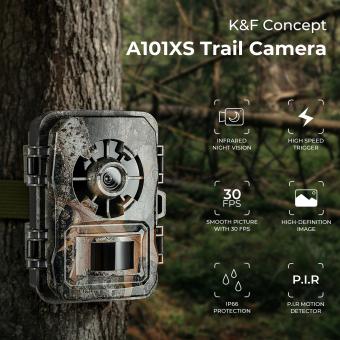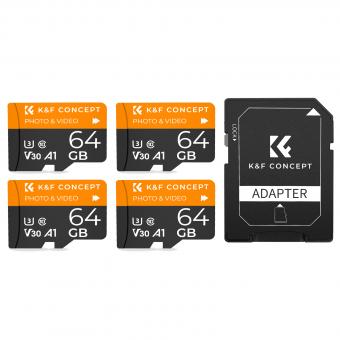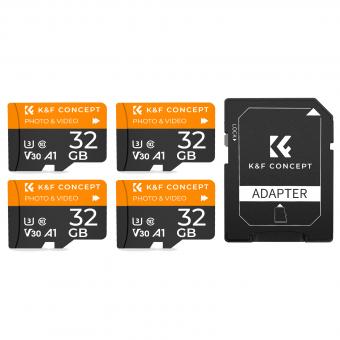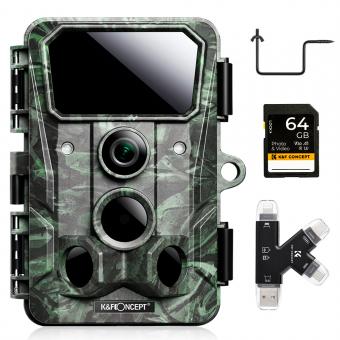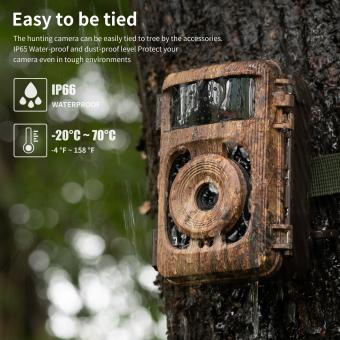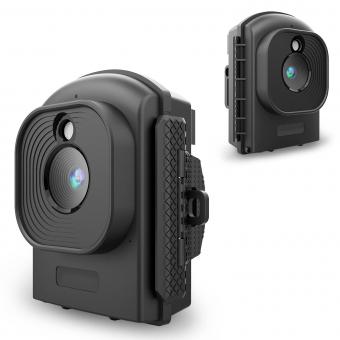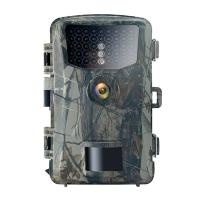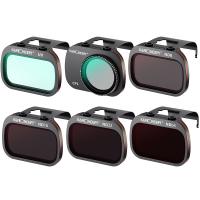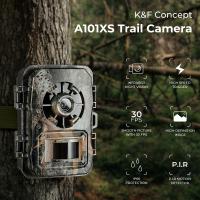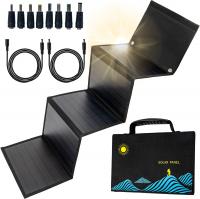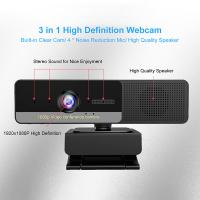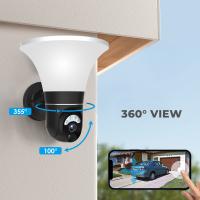Can Airbnb Put Cameras In House?
The advent of the sharing economy has revolutionized the way we travel, with platforms like Airbnb leading the charge. However, as with any innovation, it brings with it a host of new questions and concerns. One of the most pressing issues for both hosts and guests is the matter of privacy, specifically regarding the use of cameras in Airbnb properties. Can Airbnb hosts legally install cameras in their homes? What are the ethical considerations? How does Airbnb regulate this practice? This article aims to address these questions comprehensively, providing clarity for both hosts and guests.
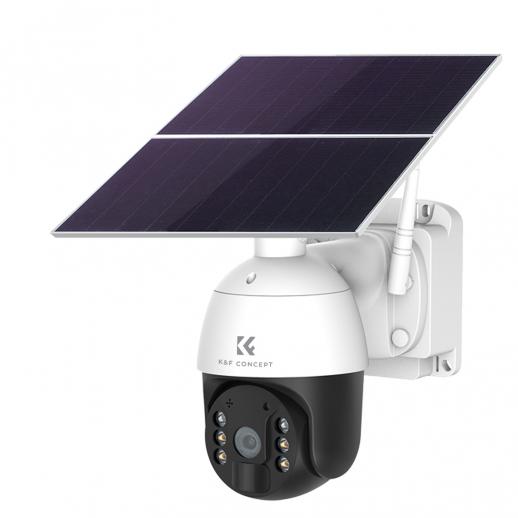
Legal Considerations
The legality of installing cameras in an Airbnb property varies by jurisdiction, but there are some general principles that apply universally. In most places, it is illegal to install cameras in areas where guests have a reasonable expectation of privacy, such as bathrooms and bedrooms. Public areas like living rooms, kitchens, and entrances are usually more permissible, but even then, there are strict guidelines that must be followed.
For instance, in the United States, federal and state laws generally prohibit the recording of individuals without their consent in private spaces. Violating these laws can result in severe penalties, including fines and imprisonment. Therefore, it is crucial for hosts to familiarize themselves with local laws before installing any surveillance equipment.
Airbnb’s Policies
Airbnb has clear policies regarding the use of cameras in their listings. According to Airbnb’s guidelines, hosts must disclose the presence of any surveillance devices in their property. This disclosure must be made before the booking is confirmed, and the location and functionality of the devices must be clearly communicated to the guest. Failure to do so can result in the host being removed from the platform.
Airbnb also explicitly prohibits the use of cameras in private spaces such as bedrooms and bathrooms. Even if a camera is disclosed, it cannot be placed in these areas. Additionally, Airbnb requires that all surveillance devices be visible; hidden cameras are strictly forbidden.
Ethical Considerations
Beyond the legal and policy aspects, there are ethical considerations that both hosts and guests should take into account. For hosts, the primary concern is balancing security with privacy. While cameras can provide a sense of security and help prevent theft or damage, they can also make guests feel uncomfortable and intruded upon.
For guests, the primary concern is their right to privacy. When staying in an Airbnb, guests should feel as though they are in a private space, free from surveillance. The knowledge that they are being watched, even in common areas, can significantly detract from the overall experience.
Practical Solutions for Hosts
For hosts who are concerned about security but also want to respect their guests' privacy, there are several practical solutions:
1. Clear Communication: Always disclose the presence of cameras in your listing and provide detailed information about their location and purpose. Transparency can go a long way in building trust with your guests.
2. Use Cameras Responsibly: Limit the use of cameras to exterior areas or common spaces where security concerns are most pressing. Avoid placing cameras in areas where guests might feel their privacy is being invaded.
3. Alternative Security Measures: Consider other security measures such as smart locks, alarm systems, and neighborhood watch programs. These can provide security without infringing on guests' privacy.
4. Regular Maintenance: Ensure that all cameras are functioning correctly and are positioned as disclosed. Regularly check that they are not inadvertently capturing private areas.
Practical Solutions for Guests
Guests also have a role to play in ensuring their privacy is respected:
1. Read Listings Carefully: Before booking, read the listing thoroughly to check for any mention of surveillance devices. If the listing is unclear, don’t hesitate to ask the host for more information.
2. Inspect the Property: Upon arrival, inspect the property for any undisclosed cameras. If you find any, contact Airbnb immediately to report the issue.
3. Use Technology: There are apps and devices available that can detect hidden cameras. Consider using these tools to ensure your privacy is protected.
4. Communicate Concerns: If you have any concerns about privacy, communicate them to the host. Most hosts are willing to accommodate reasonable requests to ensure their guests feel comfortable.
Case Studies
To provide a more concrete understanding, let’s look at a couple of case studies:
Case Study 1: The Overzealous Host
A host in New York installed cameras in the living room and kitchen of their Airbnb property. While they disclosed the presence of these cameras in the listing, they failed to mention that the cameras also had audio recording capabilities. A guest discovered this and reported it to Airbnb. The host was subsequently removed from the platform for violating Airbnb’s policies.
Case Study 2: The Vigilant Guest
A guest staying in an Airbnb in Los Angeles used a hidden camera detector app upon arrival. They discovered a hidden camera in the smoke detector in the bedroom. The guest immediately reported this to Airbnb, who took swift action to remove the host from the platform and provided the guest with alternative accommodation.
The question of whether Airbnb hosts can install cameras in their properties is multifaceted, involving legal, ethical, and practical considerations. While cameras can enhance security, they must be used responsibly and transparently to respect guests' privacy. Both hosts and guests have roles to play in ensuring that the Airbnb experience is safe, secure, and respectful of privacy.
For hosts, the key is clear communication and adherence to legal and platform guidelines. For guests, vigilance and proactive communication are essential. By working together, hosts and guests can create a mutually beneficial environment that balances security with privacy, ensuring a positive experience for all parties involved.

